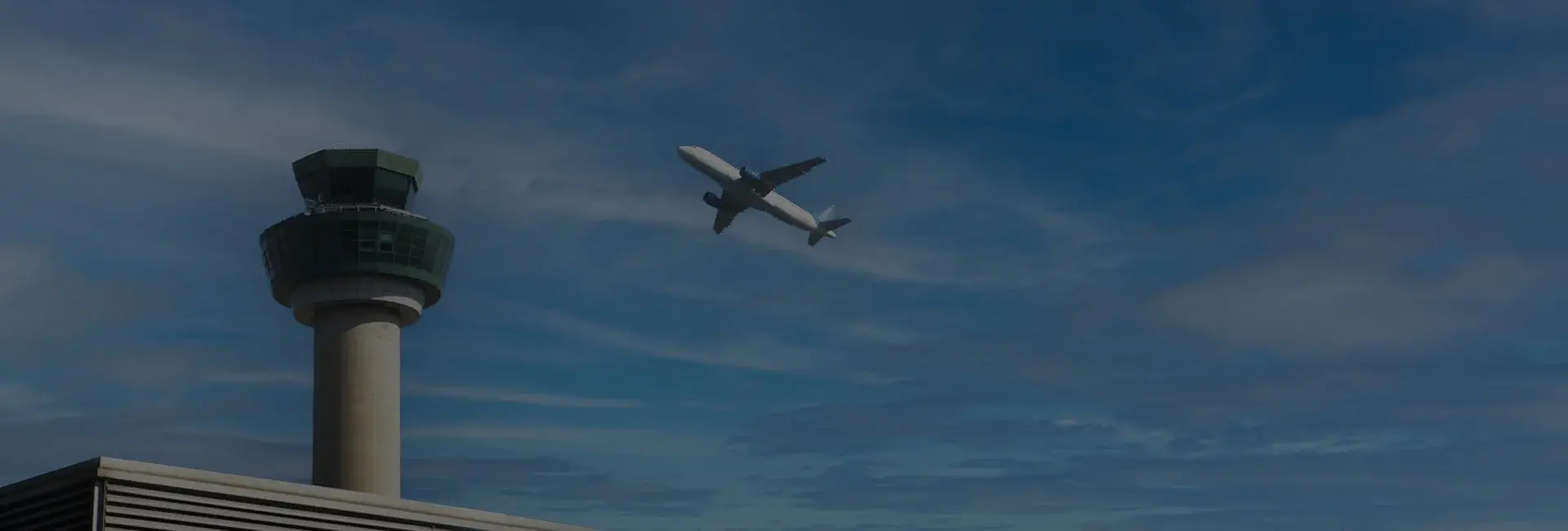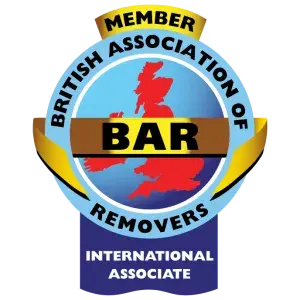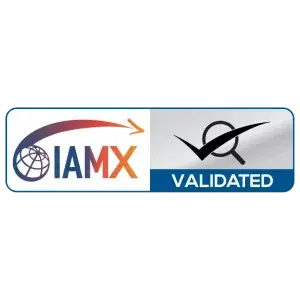Geneva – IATA’s Director General, Willie Walsh, released the following statement regarding the performance of ATC organizations in the United States and Canada.
“Airlines have added tens of thousands of employees to their workforces in response to very strong post-pandemic travel demand. In the US, for example, passenger airline employment has reached its highest level in two decades. Both sides of the border continue to experience unacceptable delays and disruptions due to ATC staff shortages in North America.
United States
“According to a recent report from the US Department of Transportation’s Office of the Inspector General, the Federal Aviation Administration (FAA) has allowed the controller workforce to shrink to a point, where maintaining continuity of operations at the country’s most critical air traffic control facilities is challenging. There are 77% of these vital facilities that are understaffed, which is below the Agency’s 85% threshold. New York Terminal Radar Approach Control and Miami Tower have extreme situations at 54% and 66%, respectively.
“The FAA had acknowledged that it couldn’t accommodate the current level of operations at New York area airports with the existing controller workforce earlier this year, so airlines reduced their schedules by up to 10%.
In addition to the poor performance of the ATC system, the FAA and Department of Transportation require airlines to spend over $630 million upgrading or replacing fully certified onboard avionics equipment on thousands of aircraft. In order to mitigate 5G rollout risks near airports, this is being done. This is a unique feature of the US. Other parts of the world have not required airlines to do this as part of the 5G rollout.
It is extremely disappointing to see poor planning coupled with poor execution. In addition, the administration is developing new regulations that penalize airlines when delays occur regardless of their root causes. However, a solution for controller shortages has been long overdue. The FAA should appoint a permanent administrator capable of showing strong leadership in putting together a rapid rebuilding plan to replace the controller workforce as a first step.
Canada
“According to press reports, NAV Canada, the Canadian air navigation services provider (ANSP), is also letting down airlines and travellers, with hundreds of flights cancelled.
Airlines will have to bear the burden of care and compensation under the new federal passenger rights legislation. Regardless of the root cause of disruptions or delays, this is the case.
The Government and we agree that there needs to be shared accountability throughout the entire value chain, which cannot be accomplished by singling out airlines. Rather than implementing bureaucratic and punitive legislation, the Government needs to address the shortfalls of those parts of the aviation ecosystem it controls. A lack of understanding of the airline industry makes airlines reluctant to negotiate performance agreements with monopoly service providers. The overall travel experience will not be improved by this,” Walsh said.
To summarize:
Ottawa and Washington, DC must own the issues that are under their direct control and lead the way in resolving them. In order to address US aviation/air traffic control infrastructure constraints urgently, the FAA needs to be appointed a permanent Administrator. It would make it difficult for airlines to provide service. A lack of doubling down on costly and poorly thought-out air travel consumer rights regulations would also free up resources for enhancing the customer experience across the entire chain,” said Walsh.
If you would like more information, please contact:
Communication within the corporation
Phone: +41 22 770 2967
Please send an email to corpcomms@iata.org.
















